EcoTypes
The below applies to the 2023 EcoTypes survey only
Earth Action | Ecoscience | Ecospirituality
indigenous Justice | Science For Change | Small Green Steps
Neutral | Going Deeper
EcoTypes are patterns in theme scores—Place, Knowledge, and Action—among those who completed the survey. There are six common EcoTypes: in alphabetical order they include Earth Action, Ecoscience, Ecospirituality, Science for Change, and Small Green Steps. There is also a seventh, Neutral EcoType below, for responses that did not display any marked theme preferences.
You can think of EcoTypes as frameworks: structured assumptions on issues of environment that inform how we understand, care, and act. Each is empirically defined by particular poles of two themes: for instance, Earth Justice represents a patterns in respondents who strongly support nonhuman Place and big Action.
These particular poles can be understood as attractors: differing idealizations of Place, Knowledge, and/or Action. For each, there was less of a statistical pattern for the third theme. This suggests that differing EcoTypes, and their idealized attractors, represent differing emphases, both in terms of themes and theme poles.
EcoTypes were initially determined by k-means cluster analysis of the theme scores of several thousand respondents between 2019-21. Since then, related EcoTypes have emerged from more recent surveys, resulting in the six (plus Neutral) you see here. There are likely other EcoTypes out there—other ways people approach environmental issues. These six represent the most common we’ve found among those who have completed the EcoTypes survey.
Below you will find a summary of each common EcoType framework. You may also compare these EcoTypes via 2022 survey results, including a dynamic 3D graph of 2479 responses and how they fit into these EcoTypes.
Earth Action
- Proportion: 28.8%
- Place: Nonhuman
- Knowledge: N/A
- Action: Big
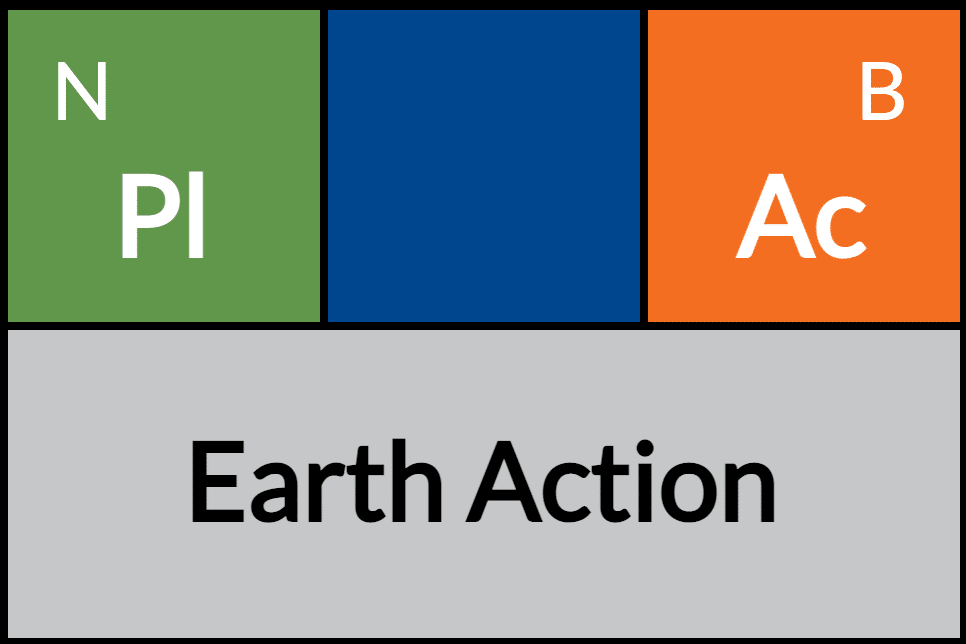
Ecoscience
- Proportion: 8.4%
- Place: Nonhuman
- Knowledge: New
- Action: N/A
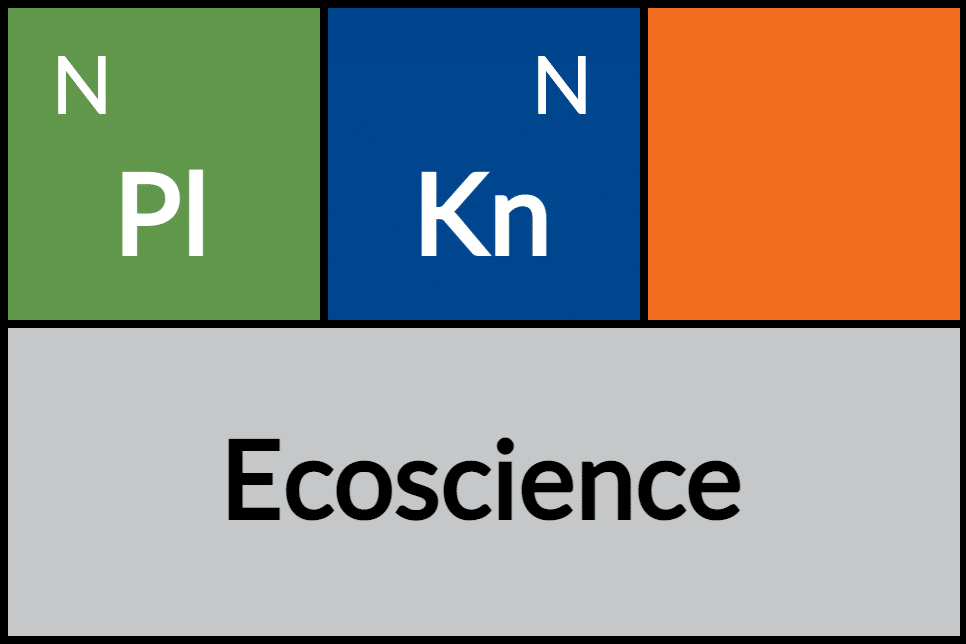
Ecospirituality
- Proportion: 16.5%
- Place: Nonhuman
- Knowledge: Old
- Action: N/A
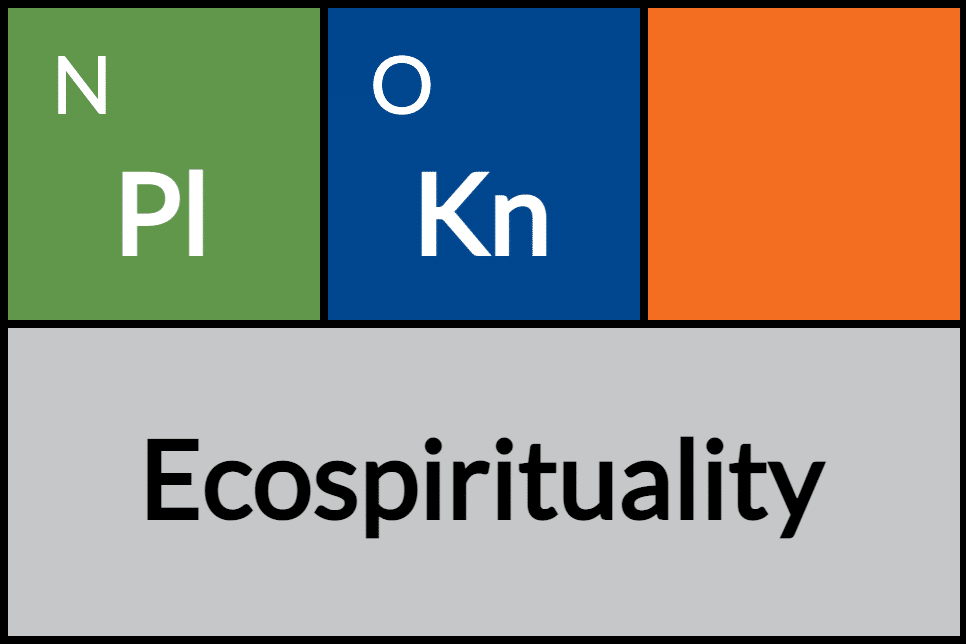
Indigenous Justice
- Proportion: 13.2%
- Place: N/A
- Knowledge: Old
- Action: Big
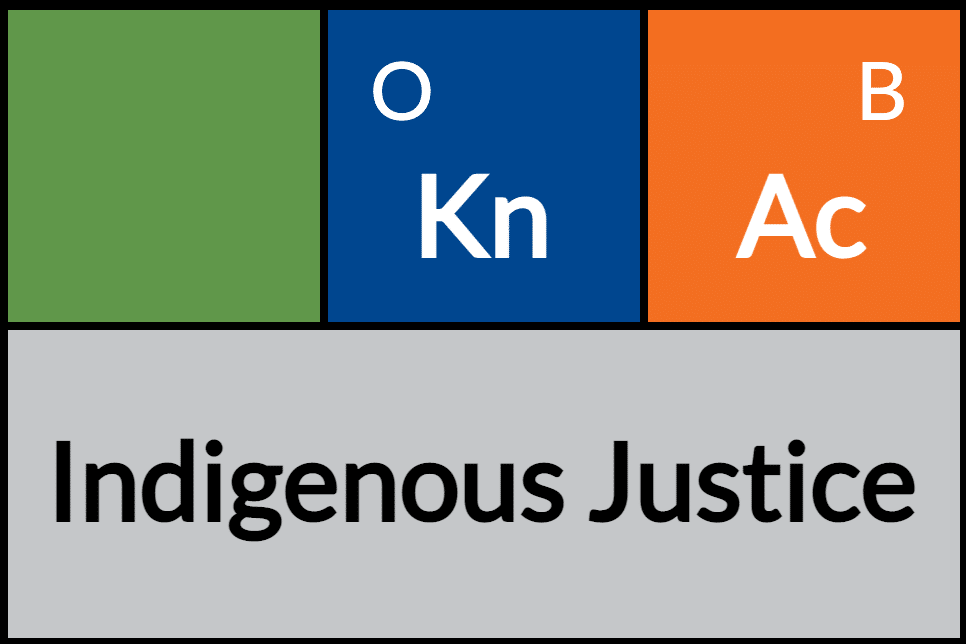
Science for Change
- Proportion: 12.3%
- Place: N/A
- Knowledge: New
- Action: Big
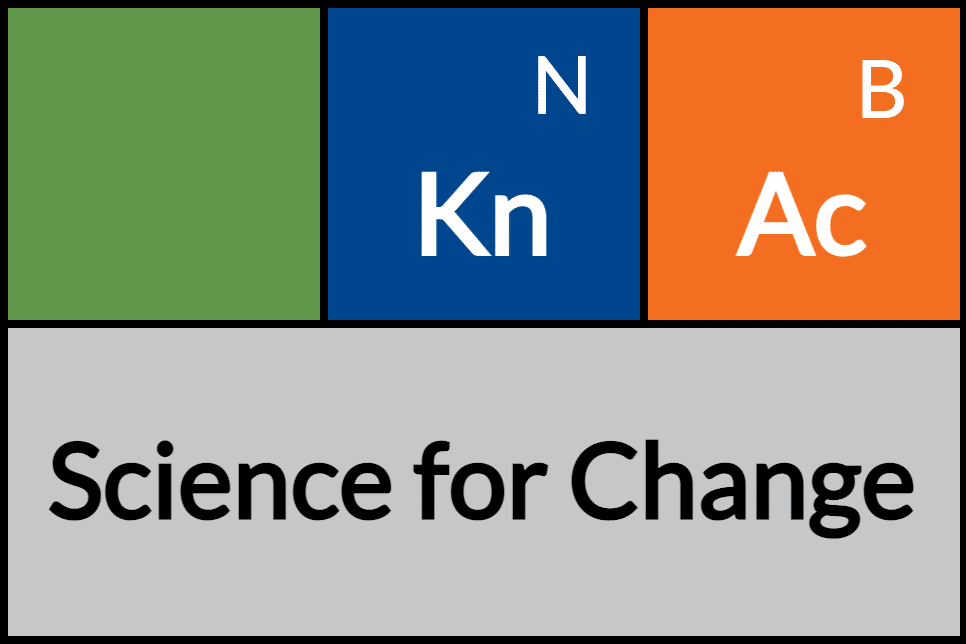
Small Green Steps
- Proportion: 13.0%
- Place: Nonhuman
- Knowledge: N/A
- Action: Small

Neutral
- Proportion: 7.8%
- Place: N/A
- Knowledge: N/A
- Action: N/A
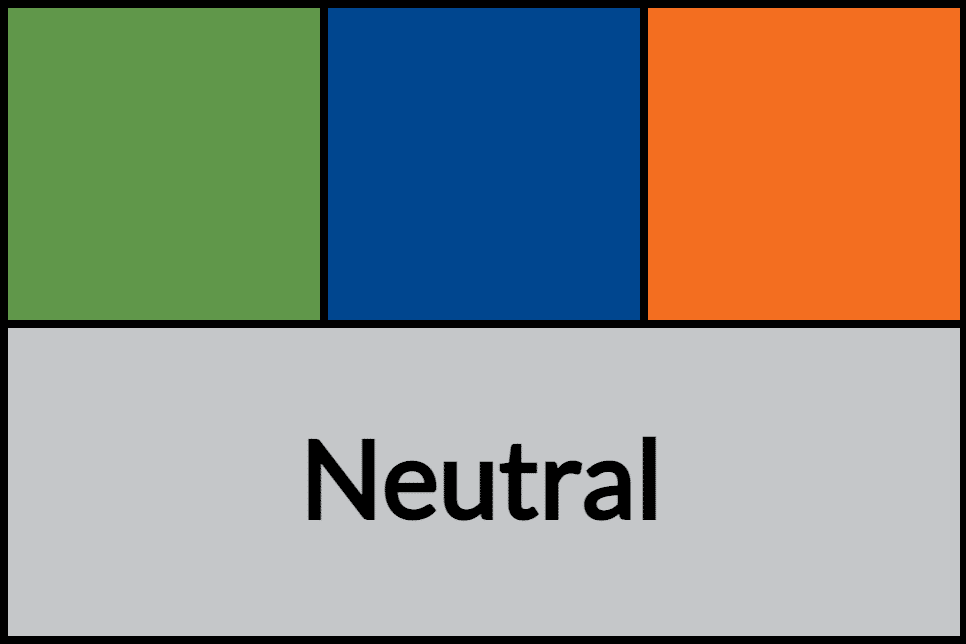
Going Deeper

Going Deeper With EcoTypes
You learned above that EcoTypes are based on particular combinations of Place, Knowledge, and/or Action. But this suggests what is absent (both themes and theme poles) in each EcoType.
Choose one EcoType above, and offer a critique based on its absences: the themes or theme poles it does not include.